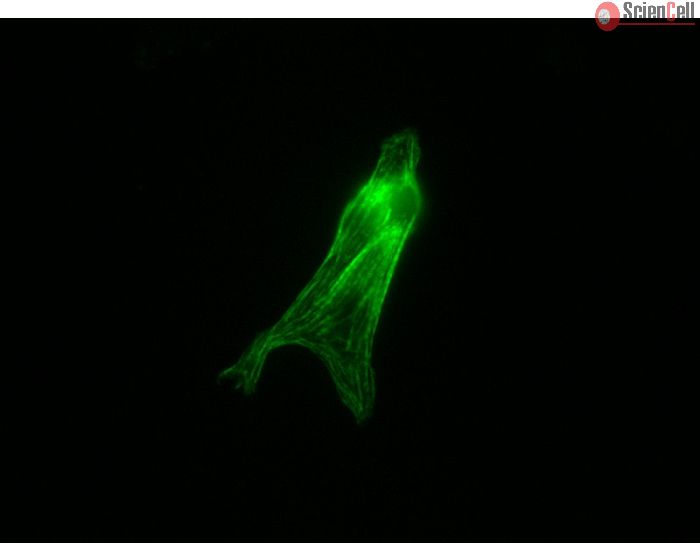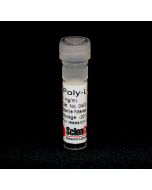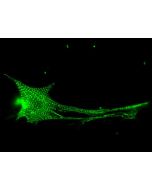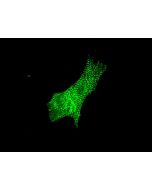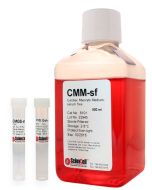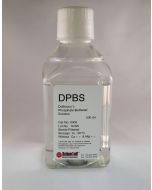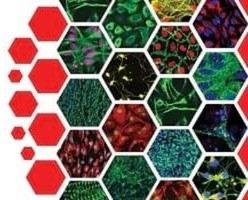Mouse Cardiac Myocytes from CD1
Catalog No.
M6200
Isolated from postnatal day 2 or postnatal day 8 CD-1 mouse heart. MCM are cryopreserved at P0 and delivered frozen. Each vial contains >1 x 106 cells in 1 ml volume.
You might also be interested in:
Rat Cardiac Myocytes (R6200)
$464.00
In Stock
